
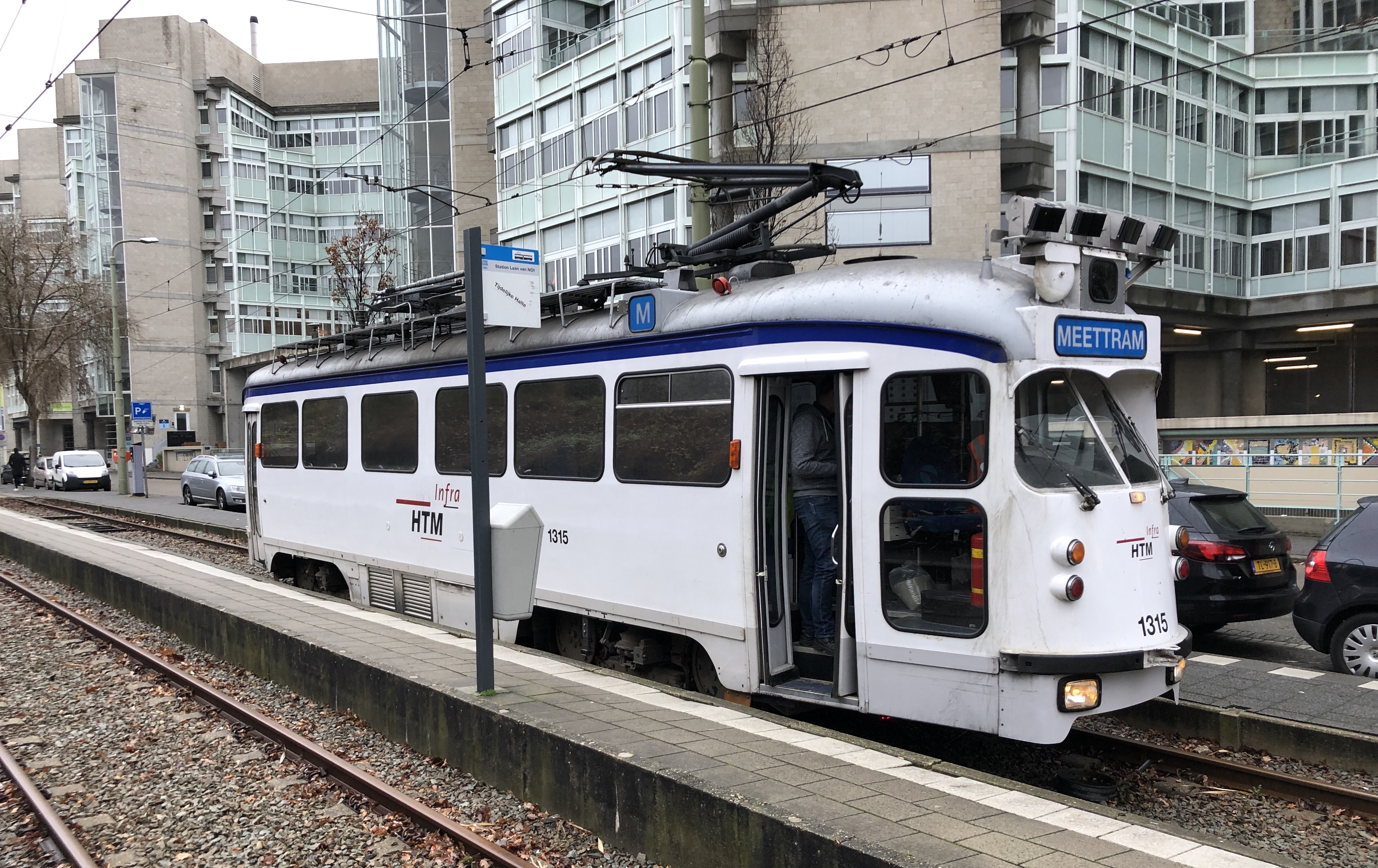
Image link - posted 2019-01-11
It's time for something new: after three years as a network architect at Logius, I'm going back into business for myself.
I'm going to focus on providing advice about connectivity to the internet to organizations for which an internet connection is a critical asset.
Watch this space for more information!
Permalink - posted 2019-02-28
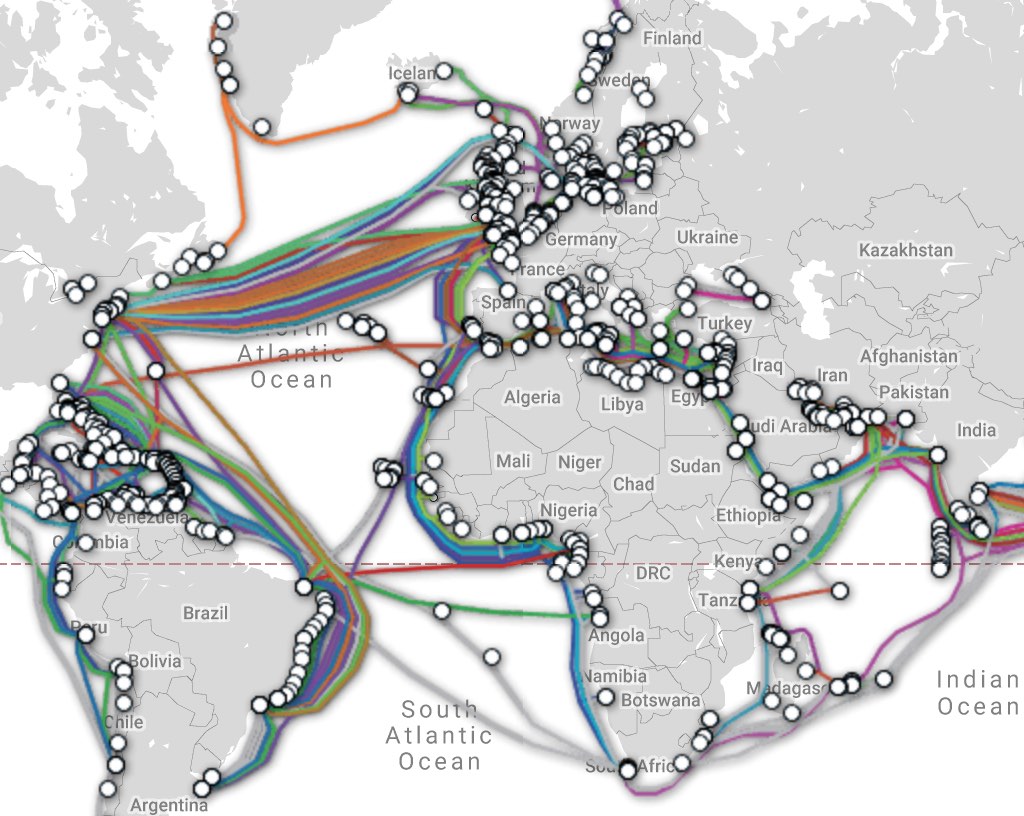
submarinecablemap.com - I just love looking at this stuff.
Read the article - posted 2019-03-08
How much bandwidth do I need? Always a hard question. It gets harder as you use more network links, and have to start considering what happens when one or more links fail, leaving you with reduced bandwidth.
The simple way to determine how much total bandwidth you need is to make a guess, and then adjust until the peaks in your bandwidth graphs stay below the 100% line. The more complex answer is that it depends on the bandwidth elasticity of the applications that generate your network traffic.
Applications are bandwidth elastic (sometimes known as "TCP friendly") when they adapt how much data they send to available bandwidth. They're inelastic when they keep sending the same amount of data even though the network can't handle that amount of data. Let's look at a few examples in more detail.
I'm assuming the bandwidth need throughout the day shown in this graph:
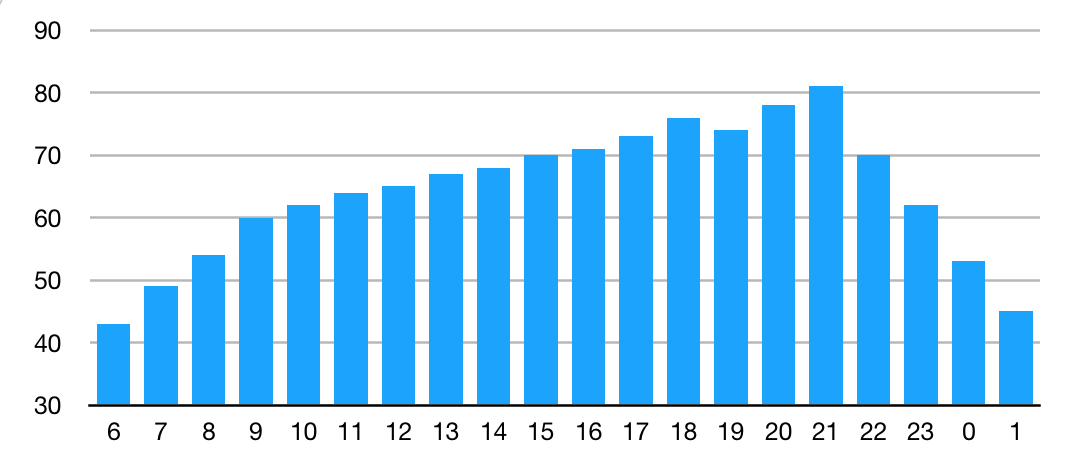
Between 21:00 and 22:00, normal bandwidth use reaches a peak of just over 80% of available capacity. But now we lose 25% of our bandwidth, so we have a higher bandwidth need than we can accommodate between 18:00 - 19:00 and 20:00 - 22:00, shown in red below:
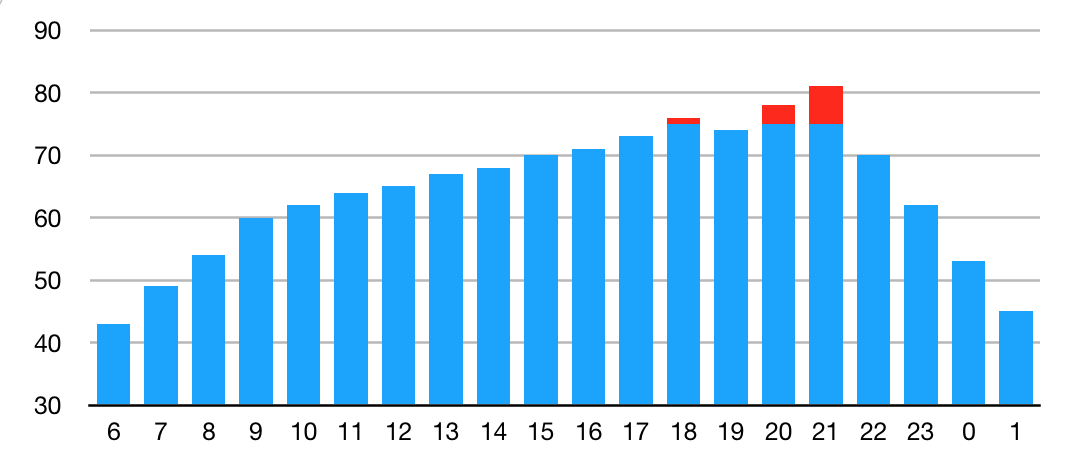
Let's look at the behavior of applications with different bandwidth elasticity.
Read the article - posted 2019-03-18
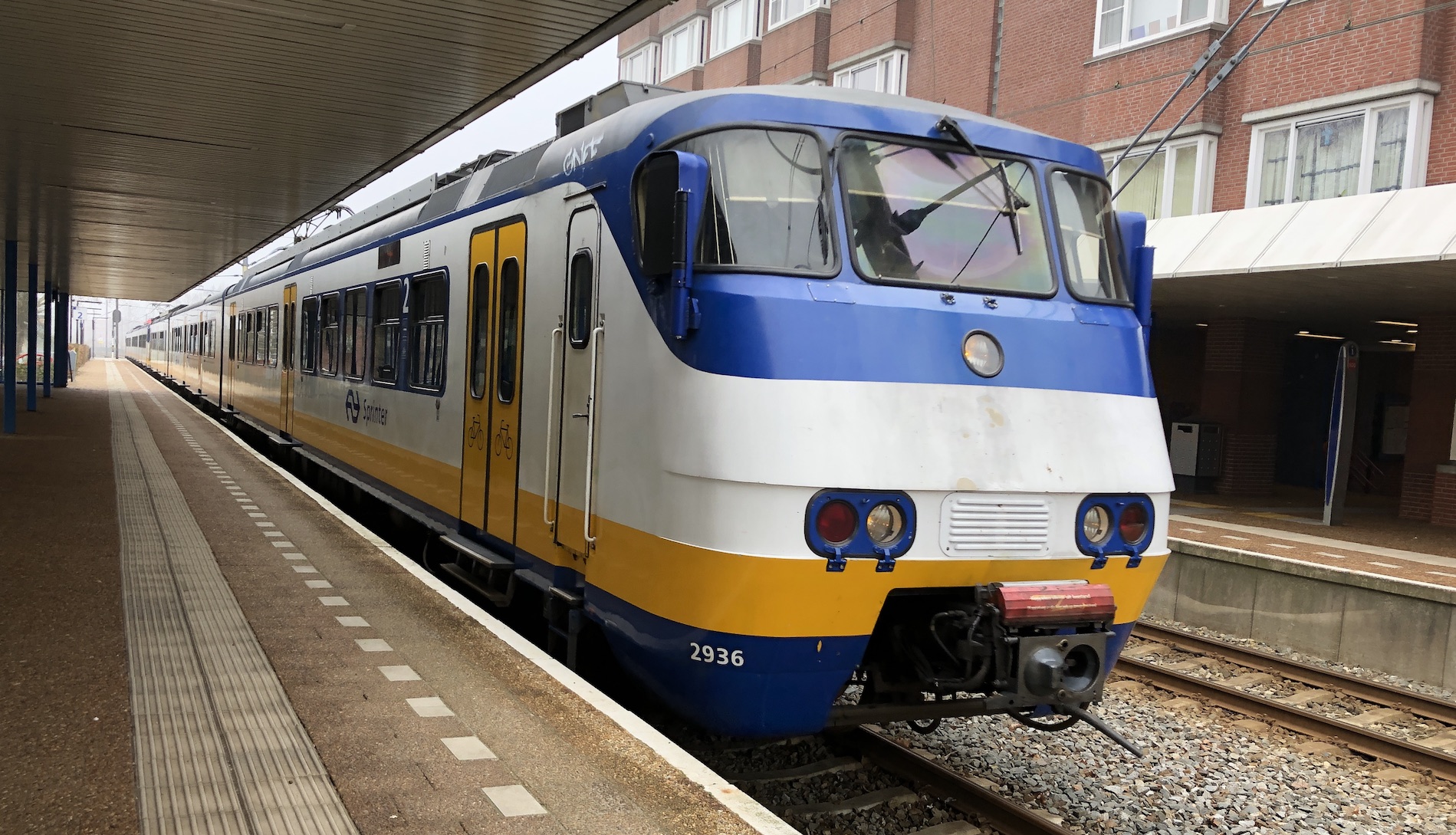
Image link - posted 2019-03-22
Last year Apple introduced dark mode in MacOS. This is really nice at night because your eyeballs aren't blasted with tons of white backgrounds in pretty much all windows. Unfortunately, most web pages still use a white background. Obviously you can redesign your website to conform to dark mode, but this looks rather stark on computers in light mode.
The solution would be to have your website render dark on a system in dark mode and light on a system in light mode. As of the new version of Safari included in MacOS 10.14.4 Mojave that was released just now, you can actually do that, as you can see here. Just switch your system between light and dark mode and you'll see this webpage switch over accordingly.
I like to use this terminal command to switch between light and dark mode:
sleep 2; osascript -e 'tell application "System Events" to tell appearance preferences to set dark mode to not dark mode'
(Change the last "not dark mode" to "true" or "false" to enable or disable dark mode. The line above toggles back and forth.)
On your website you need to set up conditional CSS with media queries. This is what I use:
<style type="text/css" media="screen, print">
body { background-color: #f0f0f0; }
A { color: #c00000; text-decoration: underline; }
A:visited { color: #700000; text-decoration: underline; }
H1 { font-family: futura, arial, sans-serif; font-size: 14pt; }
</style>
<style type="text/css" media="screen and (prefers-color-scheme: dark)">
body { background-color: #202020; color: #d0d0d0; }
A { color: #ff6734; }
A:visited { color: #d82000; }
</style>
The first part between sets everything up for light mode, with a very light gray background.
Then the second style section (in bold) with (prefers-color-scheme: dark) overrides those earlier color settings. Note that all the font settings from the first style section are inherited by the second style section; no need to restate all of those.
That's it! Pretty cool, right?
Update: have a look here for more information, including how to use dark mode with javascript.
Permalink - posted 2019-03-26
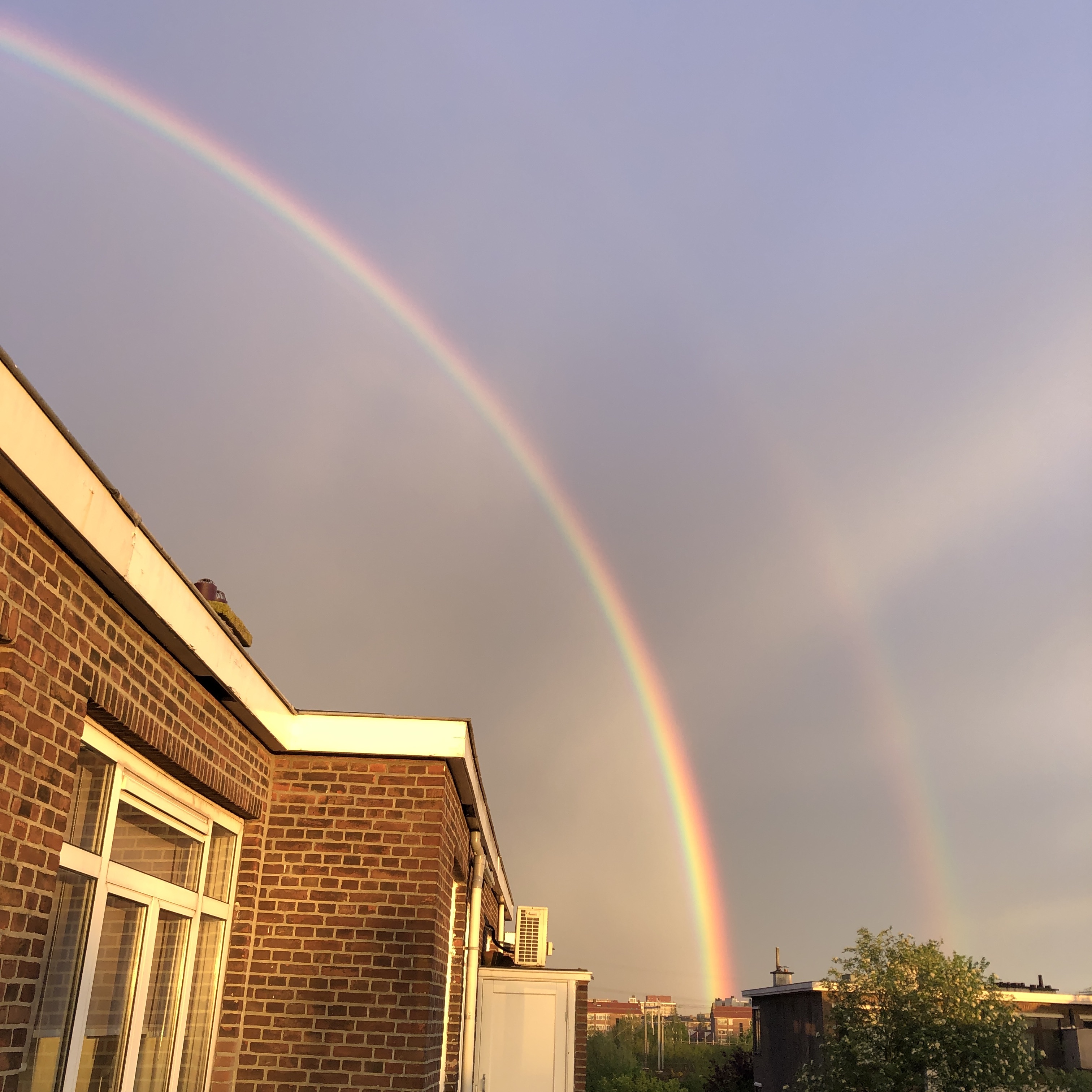
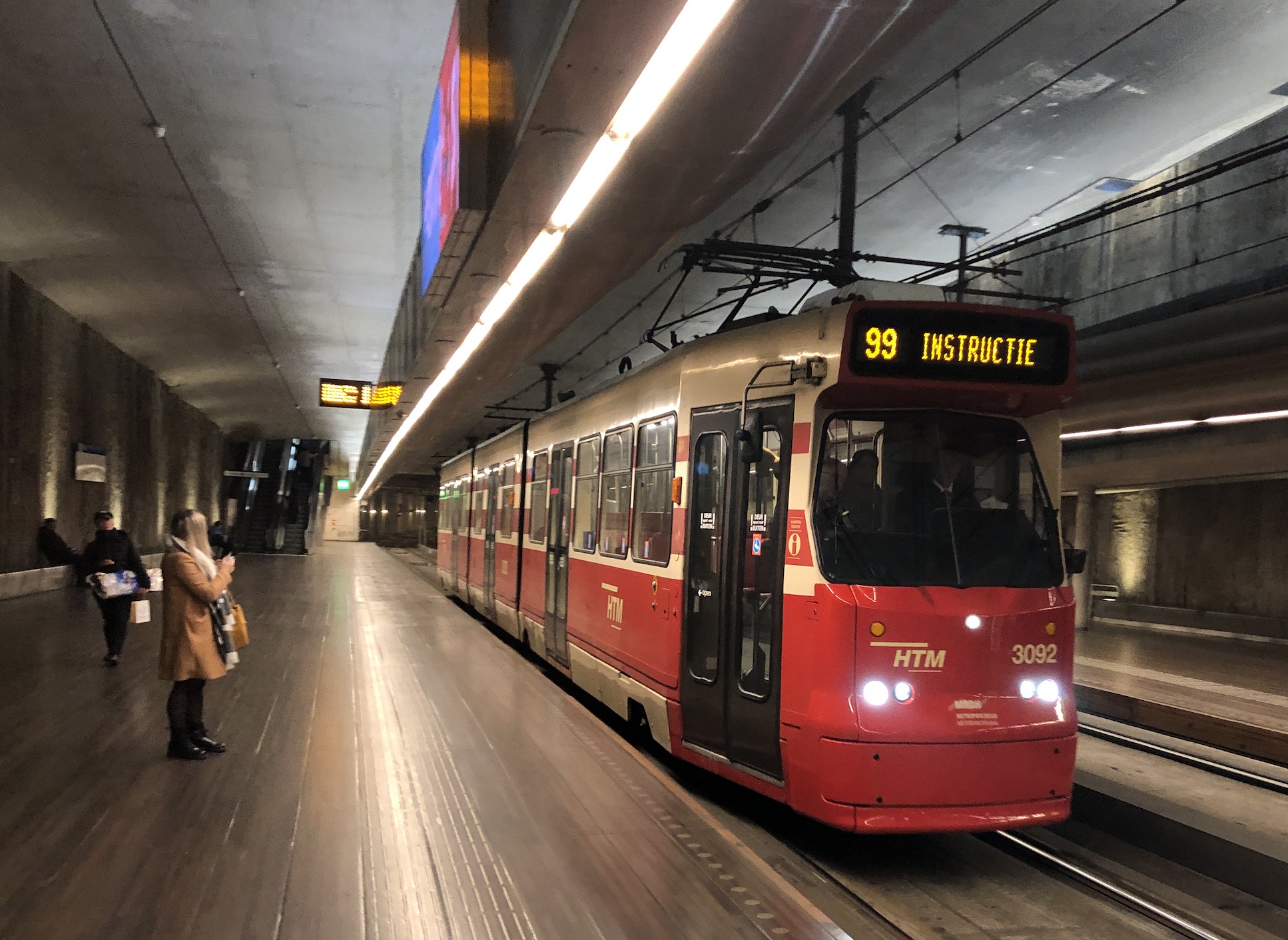
Image link - posted 2019-05-02
Geoff Huston has written a post on the APNIC blog congratulating BGP with its 30th birthday. BGP version 1 was published as RFC 1105 in June of 1989. Five years later, the BGP version 4 was published as RFC 1654. And we're still using BGP-4 today, 25 years later! Lots of things, including IPv6 support, were added later in backward compatible ways.
As usual, Geoff's story is comprehensive with lots of interesting details. For instance:
From time to time we see proposals to use geo-based addressing schemes and gain aggregation efficiencies through routing these geo-summaries rather than fine-grained prefixes.
Sorry about that. 😀 I still think it could work, though.
Well worth a read.
Read the article - posted 2019-06-10
Last week, there was a large route leak that involved Swiss hosting company Safe Host and China Telecom. The route leak made internet traffic for European telecoms operators KPN, Swisscom and Bouygues Telecom, among others, flow through Safe Host and China Telecom against the wishes of the telecom operators involved. See this Ars Technica story for more details.
In this post, I'm going to explain how the interaction between the technical and business aspects of internet routing have made this issue so difficult to fix. At the end I'll briefly describe a proposal that I think can actually make that happen.
Read the article - posted 2019-06-13
Last week, I suggested it's time fix those BGP route leaks. I live by the words everybody complains about the weather, but nobody does anything about it, so as such I wrote an Internet-Draft with the protocol changes necessary:
draft-van-beijnum-sidrops-pathrpki-00
I think we can stop these route leaks with a relatively modest change to RPKI: by combining the ASes the origin trusts and the ASes the operator of an RPKI relying party server trusts, we have a list of all the ASes that may legitimately appear in the AS path as seen from this particular vantage point.
Read the article - posted 2019-06-20
As I was writing my RPKI path validation draft last week, I considered the issue of filtering BGP AS paths with AS_SETs in them.
Turns out that I'm not the only one who feels AS_SETs are unnecessary: there's an RFC saying the exact same thing: RFC 6472.
Read the article - posted 2019-06-24
Slides from my presentation about validating the BGP AS path with RPKI at the Euro-IX Route Server Workshop Amsterdam, 18 July 2019.
Permalink - posted 2019-07-18
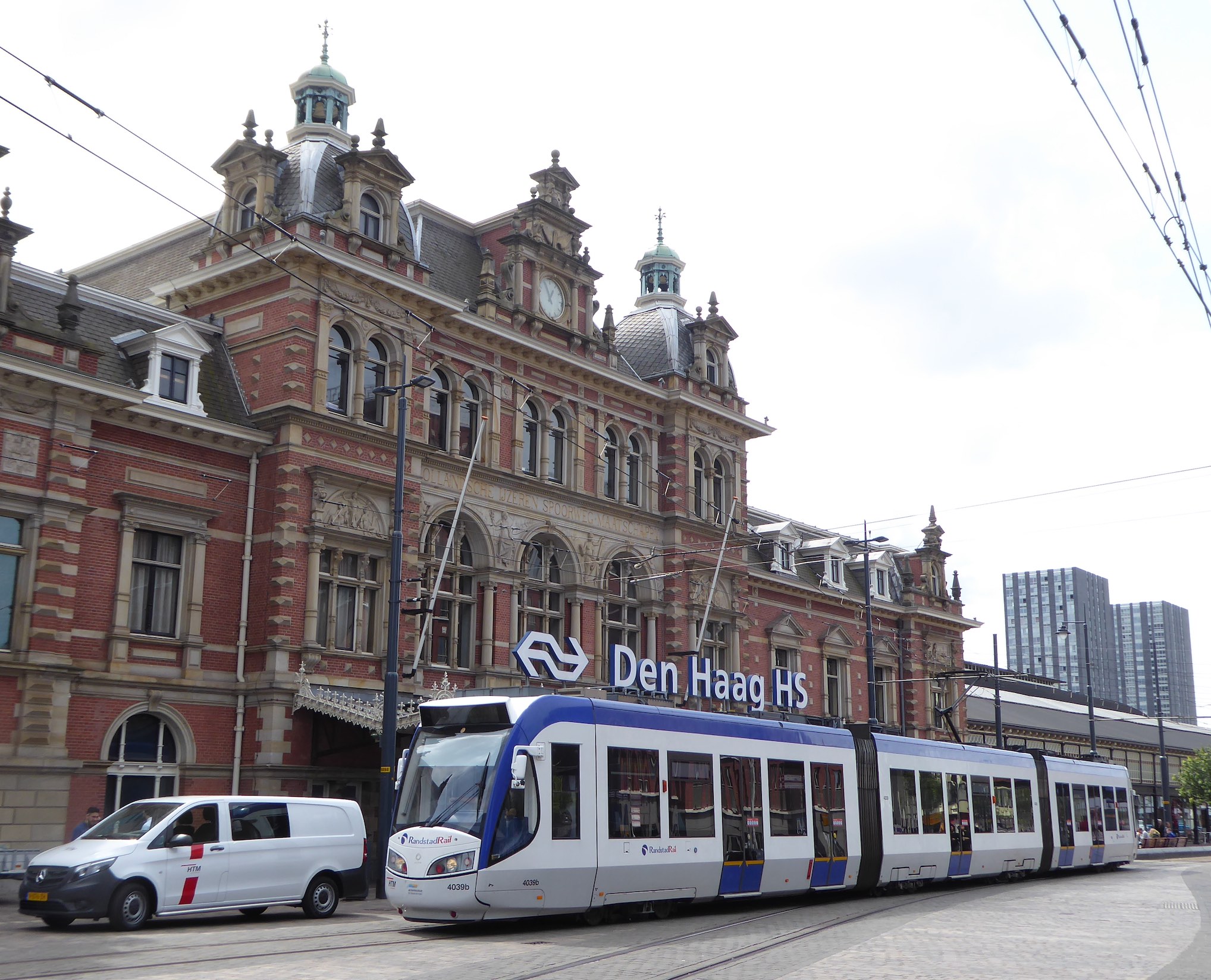
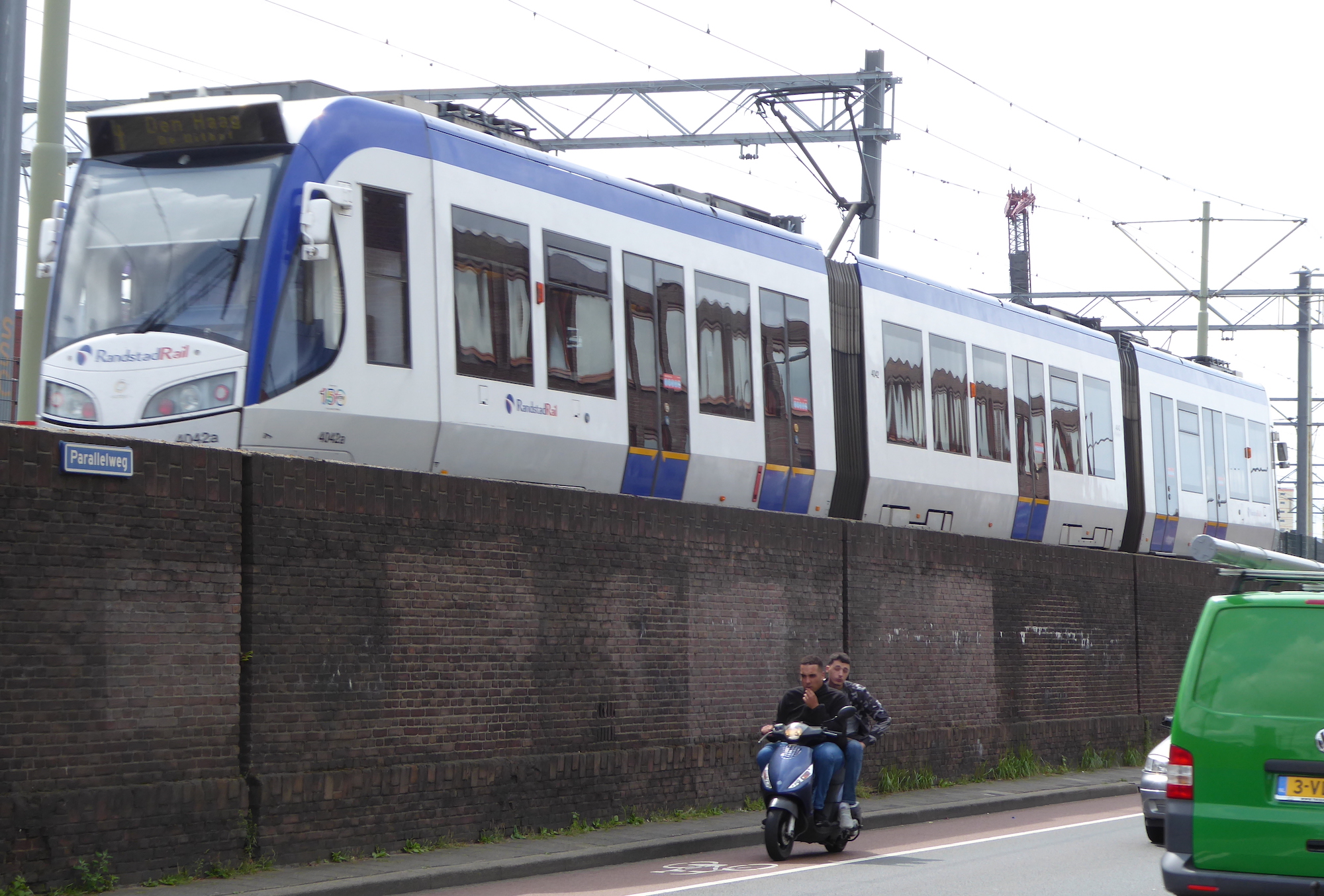
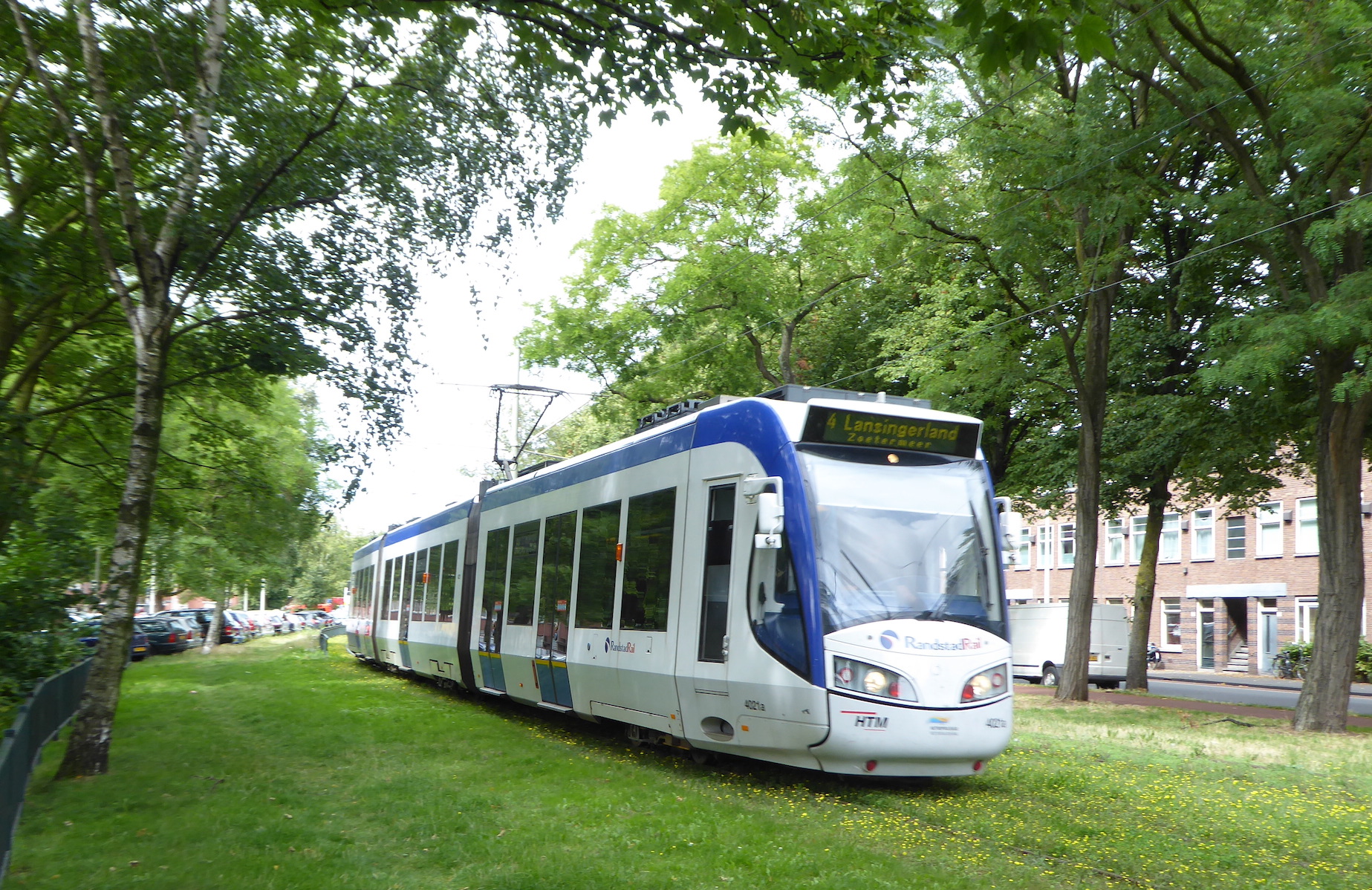
Image link - posted 2019-08-06
Although it says "4K TV", as far as I know, there's (virtually) no actual TV broadcast in 4K, so what I'm really talking about here is the state of home theater technology as of around 2018. This post is about the hardware and the formats. Part 2 will be about 4K content and whether the 4K thing is worth the money.
Read the article - posted 2019-08-22
So with all the technical details out of the way in part 1, let's have a look at where to get 4K content and whether it's worth the trouble and the expense. Where I've found 4K content...
Read the article - posted 2019-08-26
Seven years ago, the RIPE NCC, which serves Europe, the middle east and the former Soviet Union, was no longer able to give out IPv4 address space to ISPs and other networks as needed. From that point on, the "last /8" policy came into effect, which meant that each "RIPE member" or local internet registry (LIR) could get one last IPv4 /22 (block of 1024 addresses). It very much looks like that last bit of IPv4 address space will run out before the end of the year.
Right before the final /8 policy came into effect, the RIPE NCC was giving out about a million IPv4 addresses per week. In 2019, they gave out a million IPv4 addresses every three months in the form of those final /22s. And now it's a million IPv4 addresses every six weeks, with two million left to go. Apparently, many new LIRs are set up to get one of those /22s while they last.
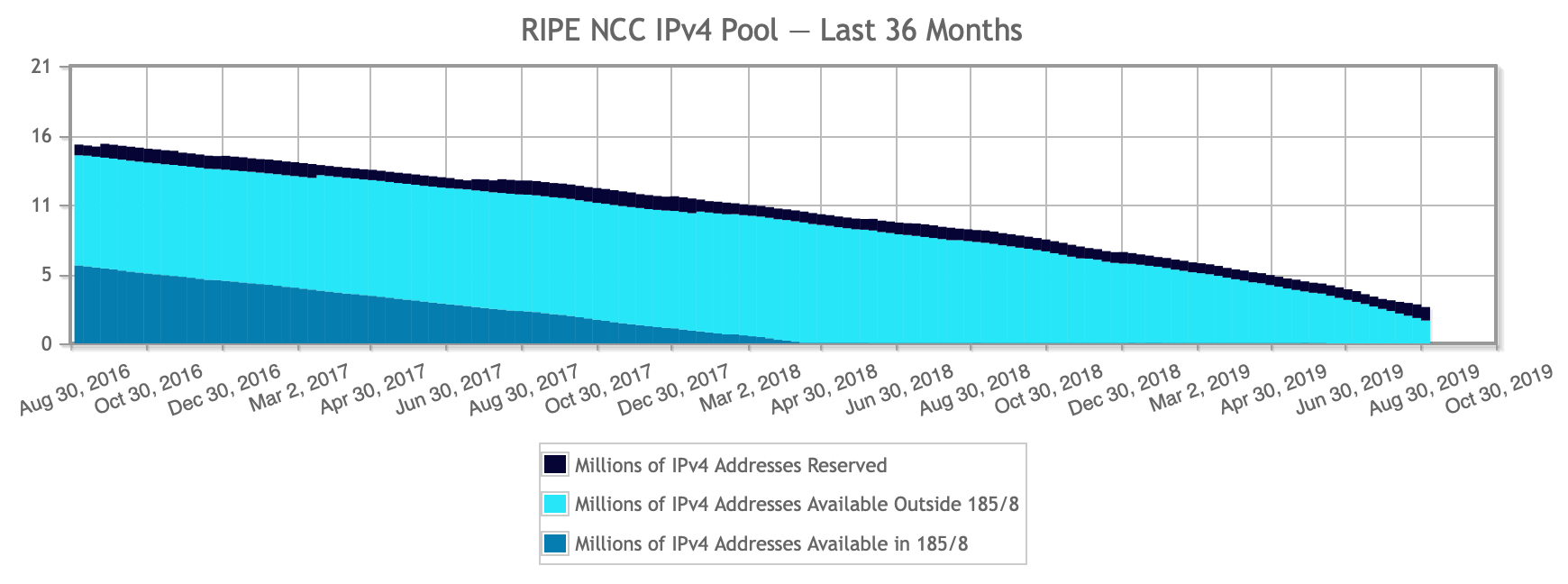 latest version of this image on the RIPE website
latest version of this image on the RIPE website
So in all likelihood RIPE will move from the final /8 policy to a new policy, where LIRs are put on a waiting list and get a /24 as those become available, before the end of 2019.
Permalink - posted 2019-09-09
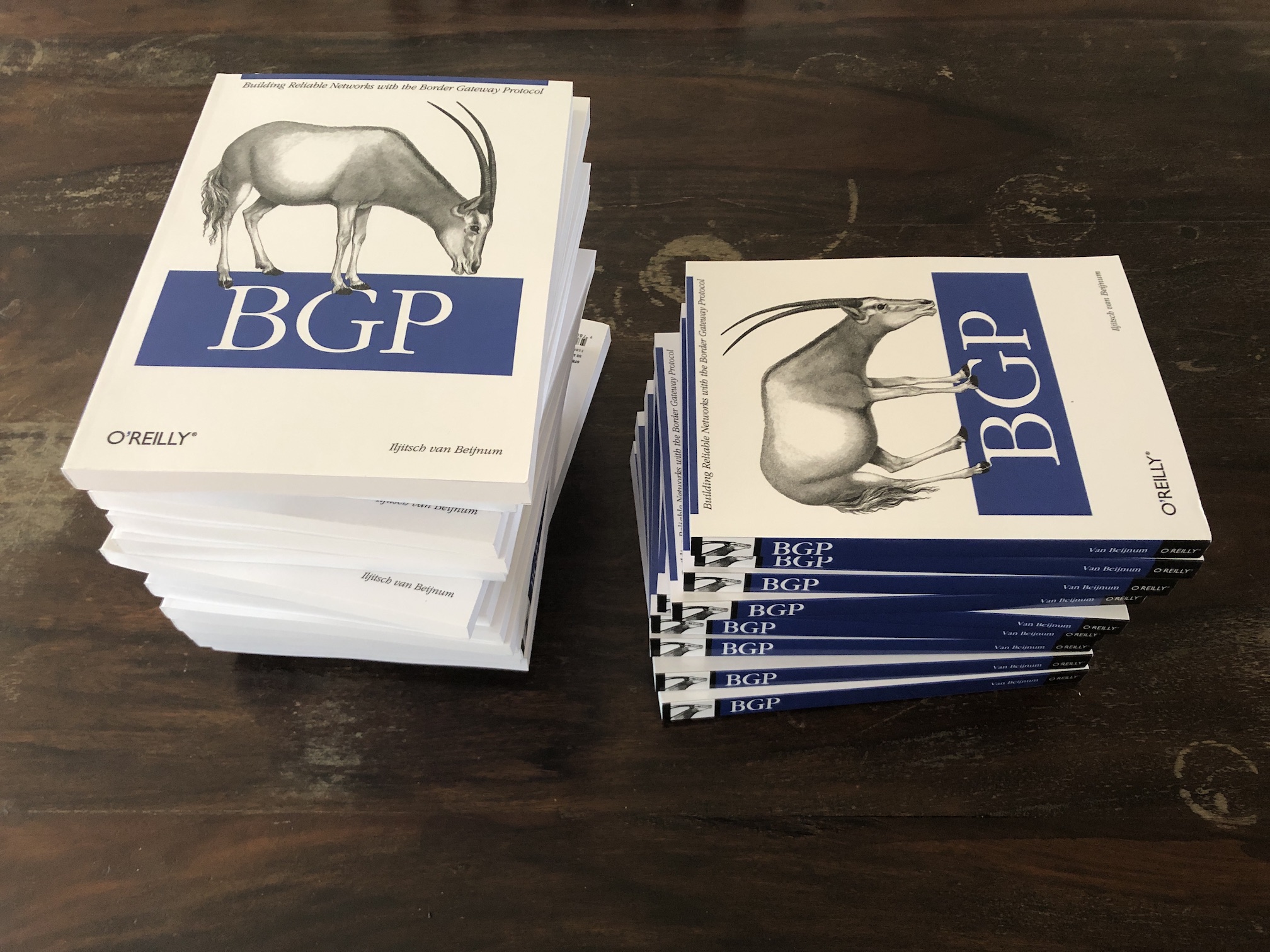
Image link - posted 2019-09-09
In this month's edition of The ISP Column Why is Securing BGP just so Damn Hard? Geoff Huston asks himself exactly this question. He lists ten reasons. I don't agree with most of them: this is a solvable problem.
Read the article - posted 2019-09-20
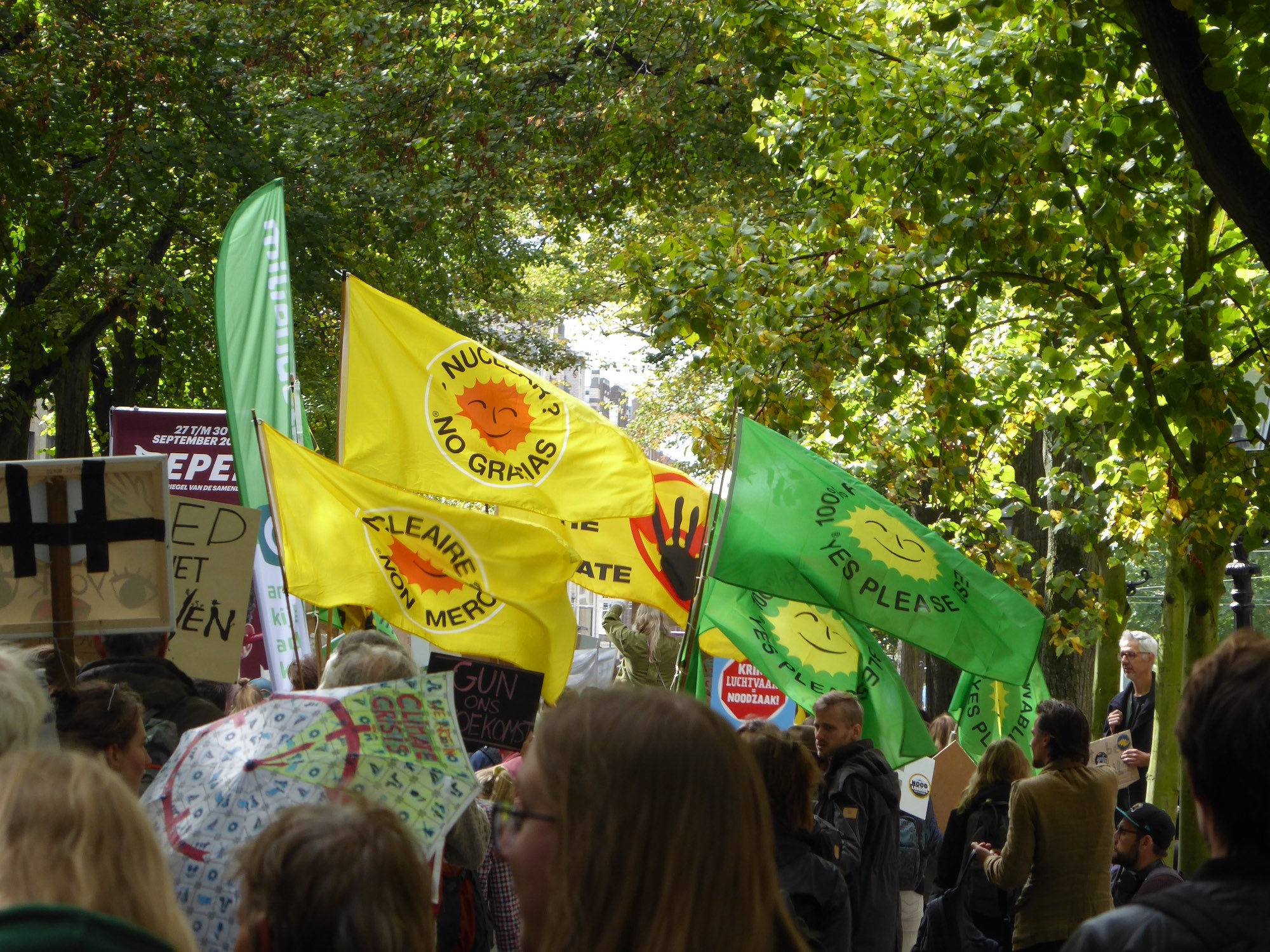
Image link - posted 2019-09-30
During his talk about 30 years of BGP, Geoff Huston said something along the lines of "someone should come up with another type of routing protocol besides distance vector and link state". That is of course too delicious a challenge to ignore...
Read the article - posted 2019-10-15
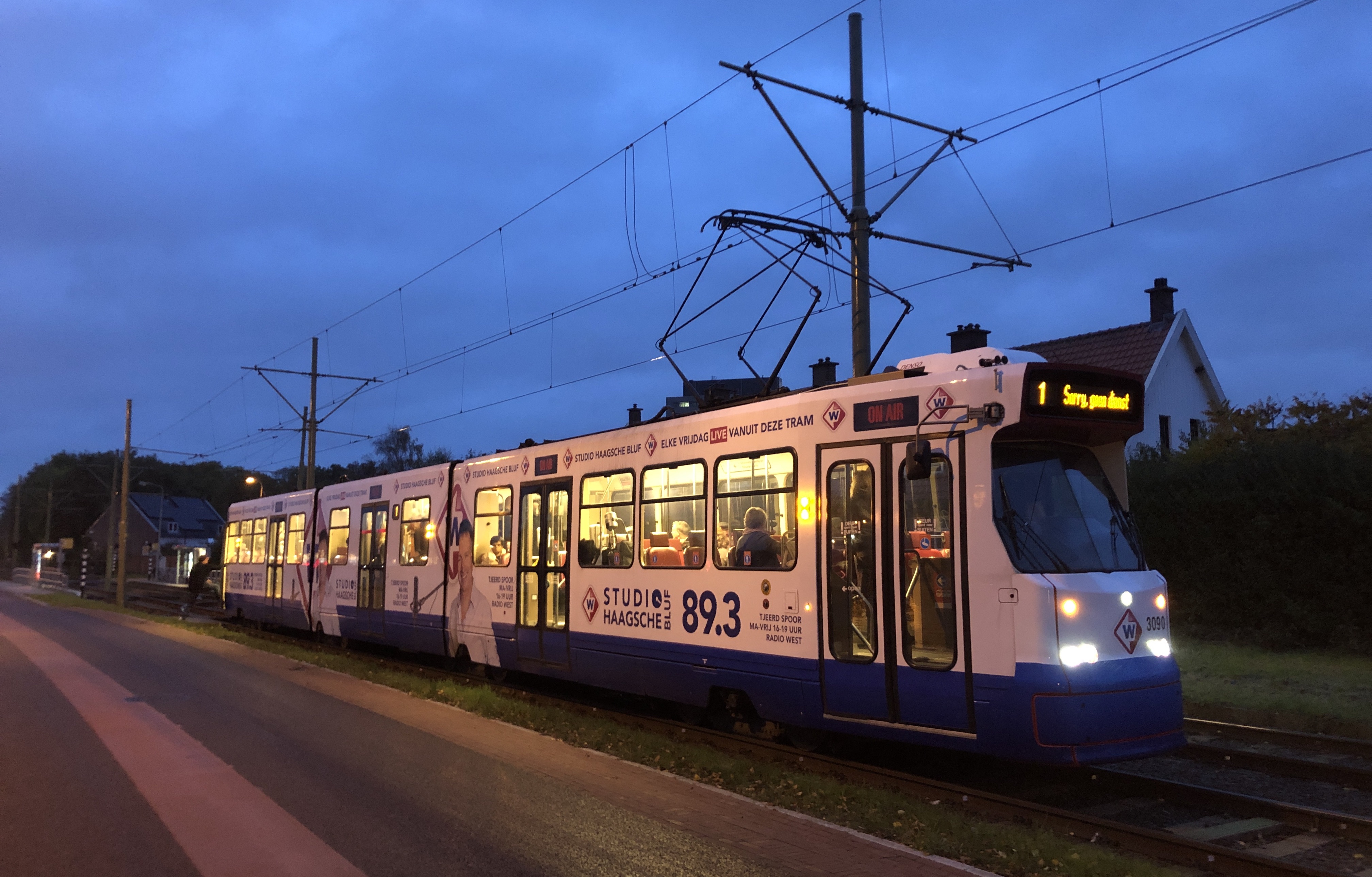
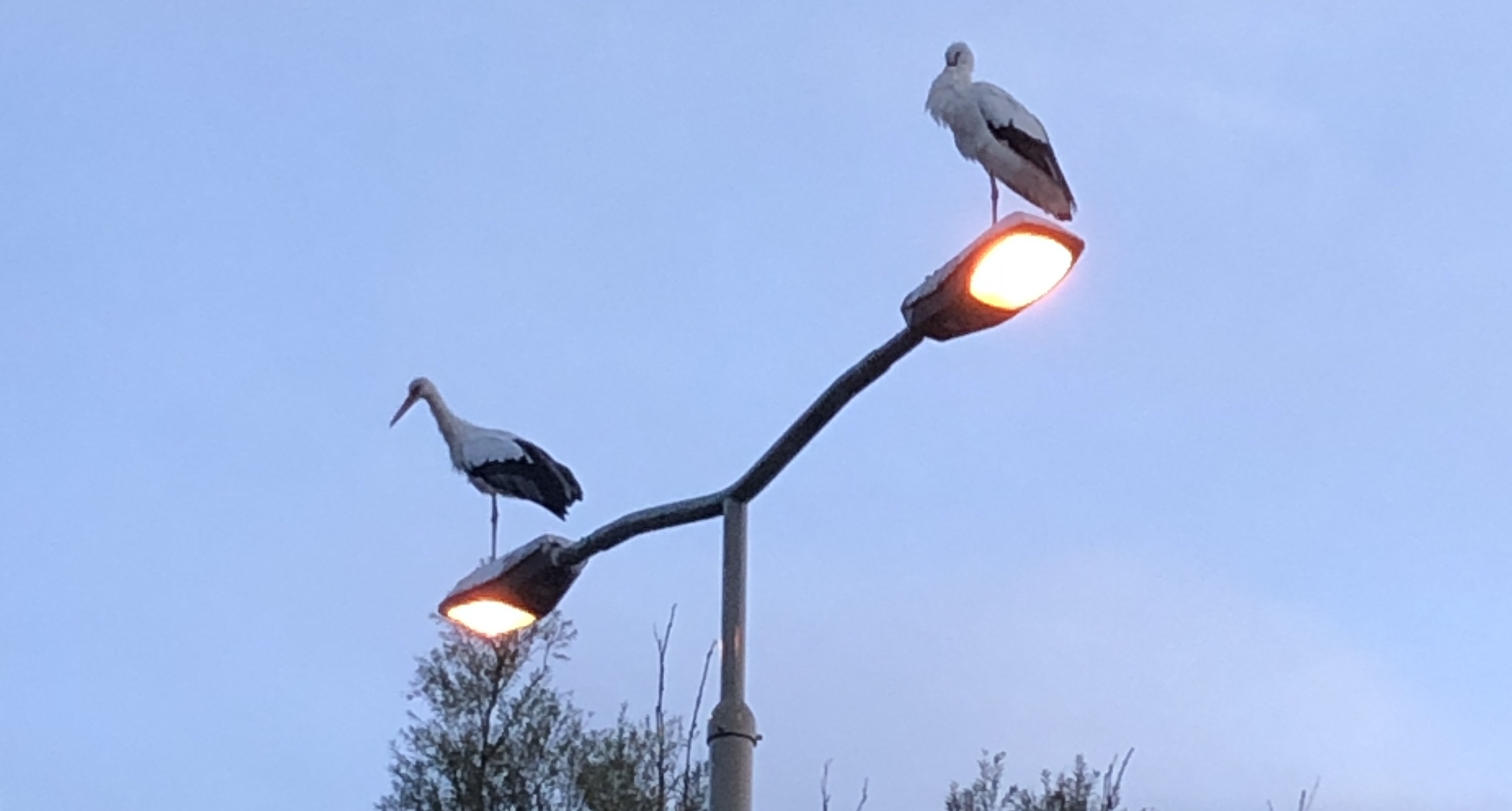
Image link - posted 2019-10-29
It's insane. I already spent nearly 800 euros on bluetooth headphones this year. And then Apple released the Airpods Pro, costing € 279 here in the Netherlands. And I couldn't help myself and bought a pair. So let's see how they compare...
Read the article - posted 2019-11-26
I've reorganized my blog(s) and created subdomains under iljitsch.com for different topics.
Read the article - posted 2019-11-26
Less than three months ago I wrote about how the uptake of the remaining IPv4 addresses at RIPE was accelerating, with the RIPE NCC likely to run out of the addresses set aside in the "last /8" before the end of the year. And so they did, two days ago. So as of this week, it's no longer possible to request address space in the RIPE service region (Europe, former Soviet Union, Middle East) and get them within a somewhat predictable period...
Read the article - posted 2019-11-27
There are some advantages to filtering out packets with invalid addresses in them. That would be a packet with a private source or destination address, for instance. Those never have any business traveling across the internet. (Not to be confused with BCP 38 filtering.) For instance, there have been instances where spammers grab an unused prefix, start announcing it in BGP, do a spam run and then drop the prefix. When packets with private addresses enter your network, bad things may happen if you use those addresses yourself. And these invalid "martian" packets are just an annoyance, using up traffic and generating log entries.
Read the article - posted 2019-11-28
Presentation slides from my lightning talk "AS paths: long, longer, longest" at the RIPE-79 meeting in Rotterdam, 18 October 2019.
Permalink - posted 2019-11-29
Excellent piece by Observer/Guardian columnist Will Hutton based on the work of economist Thomas Philippon:
The news is that over the last 20 years per capita EU incomes have grown by 25% while the US’s have grown 21%
And:
The US economy is becoming increasingly harmed by ever less competition, with fewer and fewer companies dominating sector after sector – from airlines to mobile phones.
Because:
But why has this happened now? Philippon has a deadly answer. A US political campaign costs 50 times more than one in Europe in terms of money spent for every vote cast. [...] Corporations want a return on their money, and the payback is protection from any kind of regulation, investigation or anti-monopoly policy that might strike at their ever-growing market power.
A real eye-opener.
Read the article - posted 2019-12-02
Another month, and we'll be living in the 2020s. And yet, 70% of the internet is still IPv4-only. (I'll be writing a story looking back on IPv6 progress the past decade in January.) So I thought: maybe I should draw a line in the sand and turn off IPv4 for my website. But then how will those 70% find me, and all the links to older content will be dead to much of the internet. Click below to continue reading.


Image link - posted 2019-12-04
After many years of using Century Gothic and its clone URW Gothic Book for my website muada.com, I felt it was time to reconsider that choice. So I went font hunting!
Over the course of my hunting expedition, found a nice new font, Muli, and I created a page that lets you compare different fonts and their weights interactively. Have a look.
Read the article - posted 2019-12-12
Twitter's Jack Dorsey, in (of course) a Twitter thread:
Twitter is funding a small independent team of up to five open source architects, engineers, and designers to develop an open and decentralized standard for social media. The goal is for Twitter to ultimately be a client of this standard.
This is interesting on several levels. I'll mostly talk about the protocol design part of this, but before I do that: when has a business that's pretty much in a monopolist position ever voluntarily given up that position? They must really be feeling the pushback against "content and conversation that sparks controversy and outrage", and see this as a way out.
Read the article - posted 2019-12-17

Image link - posted 2019-12-25
In a paper for the HotNets'19, seven researchers admit that "beating BGP is harder than we thought". (Discovered through Aaron '0x88cc' Glenn.) The researchers looked at techniques used by big content delivery networks, including Google, Microsoft and Facebook, to deliver content to users as quickly as possible. This varies from using DNS redirects to PoPs (points of presence) close to the user, using BGP anycast to route requests to a PoP closeby and keeping data within the CDN's network as long as possible ("late exit" or "colt potato" routing).
Turns out, all this extra effort only manages to beat BGP as deployed on the public internet a small fraction of the time.
Read the article - posted 2019-12-30